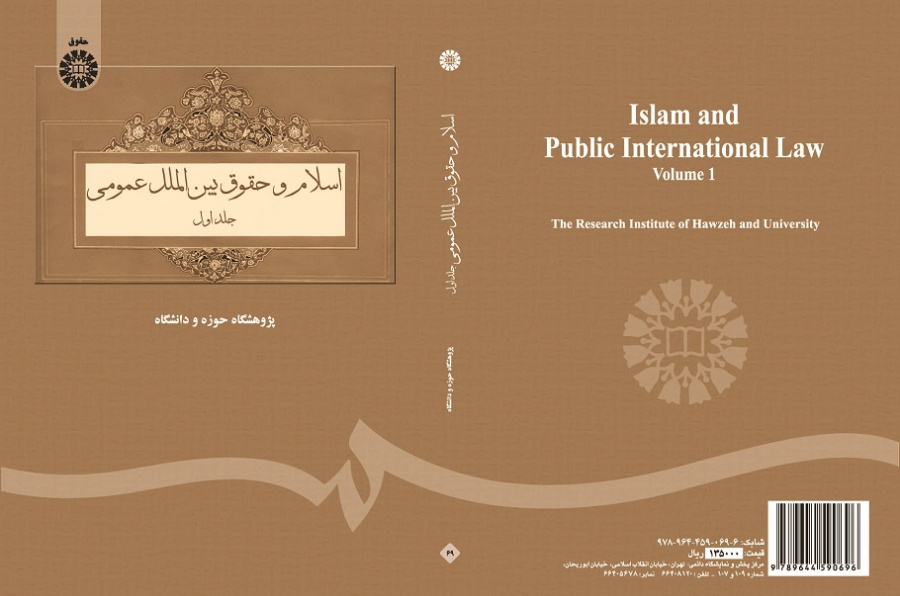

Islam and General International Law (1)
If states and nations do not want to be deprived from the natural resources, provided by Divinity, surplus to the requirements of the native inhabitants of other lands, they need to cooperate in trade broadly with each other. Moreover, they need laws to regulate their trades especially in contemporary world in which men and nations are linked to one another so much like the bolts and nuts of a huge clock that they are not able to continue their lives without each other. So it is not possible to stay in seclusion away from the world, its states and nations. No state is self-sufficient and thus needs to negotiate and trade with others. The development of a country falls back on their good relation with other countries. Moreover, inconsistencies and even clashes between the interests of nations can turn the world into a stage on which bloody wars are fought unless some regulations are set to intervene. For instance, some countries claim interests in other regions. One way to stay immune from transgressions entailed by such demands is to develop constructive relations with countries whose emotional and financial support can help to resist the transgressor.
The highly important points noted about the sovereignty of international laws in the world is also true about the Islamic world as an autonomous and comprehensive state which includes all social issues. In the Islamic state, above all, there are some goals and rules which will not be reached and observed unless through the reinforcement of international law.
The content of this book is divided into eleven chapters in which the definition, exigency, and the subject matter of international law, a short history of international law, principles or the schools of international law, political, legal, economic, cultural, ethical, hygienic, scientific and technical goals, the sources of international law, domain or region, the principles of the states’ legality and basic rights with regard to the international law, non-alignment in international relations, the states’ international responsibility, the principle of non-interference in countries’ internal affairs are discussed.
This book is one of the series of books under the title of An Introduction to Islamic Law. This volume has been dedicated to “Islam and General International Laws”.





